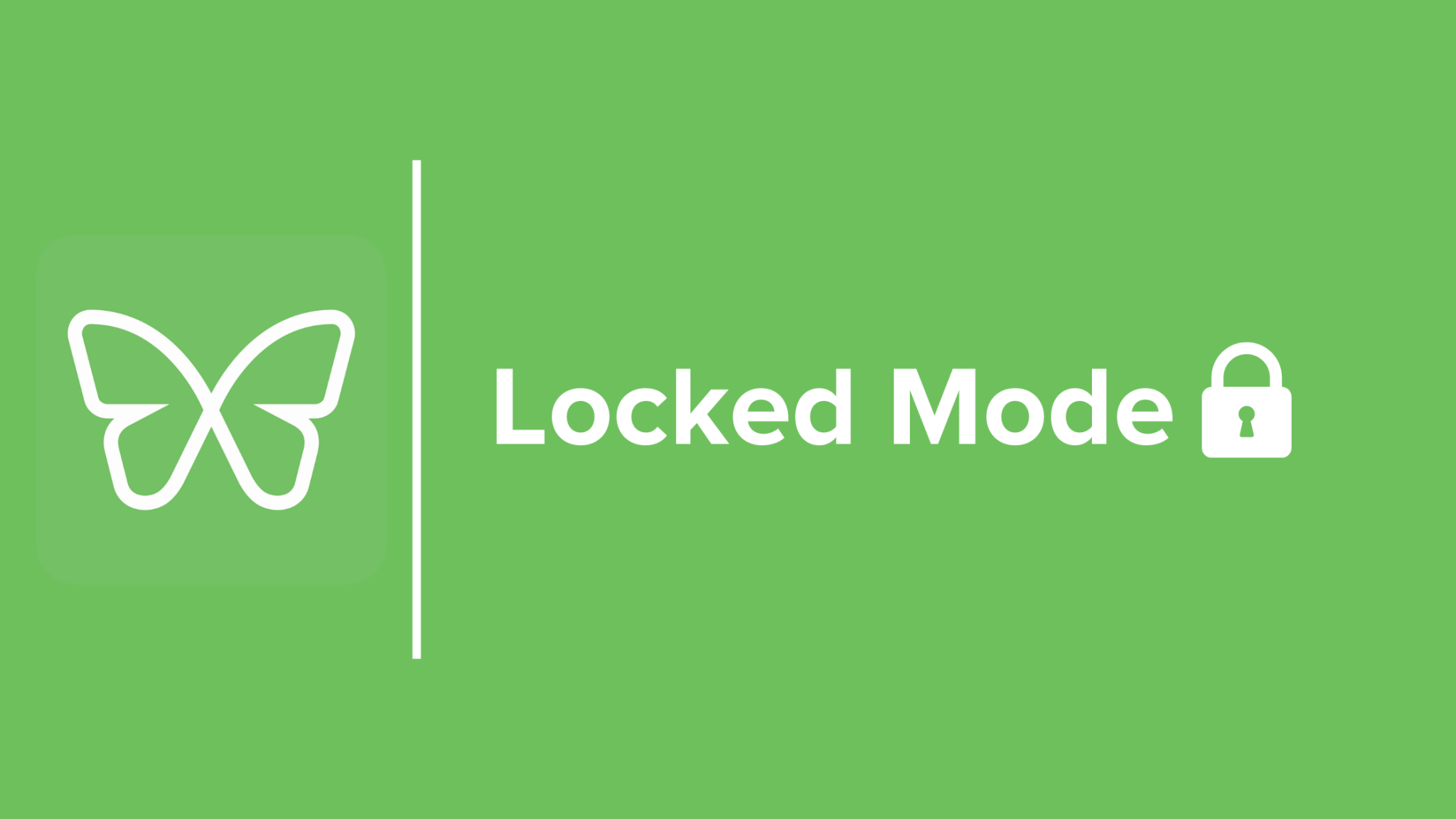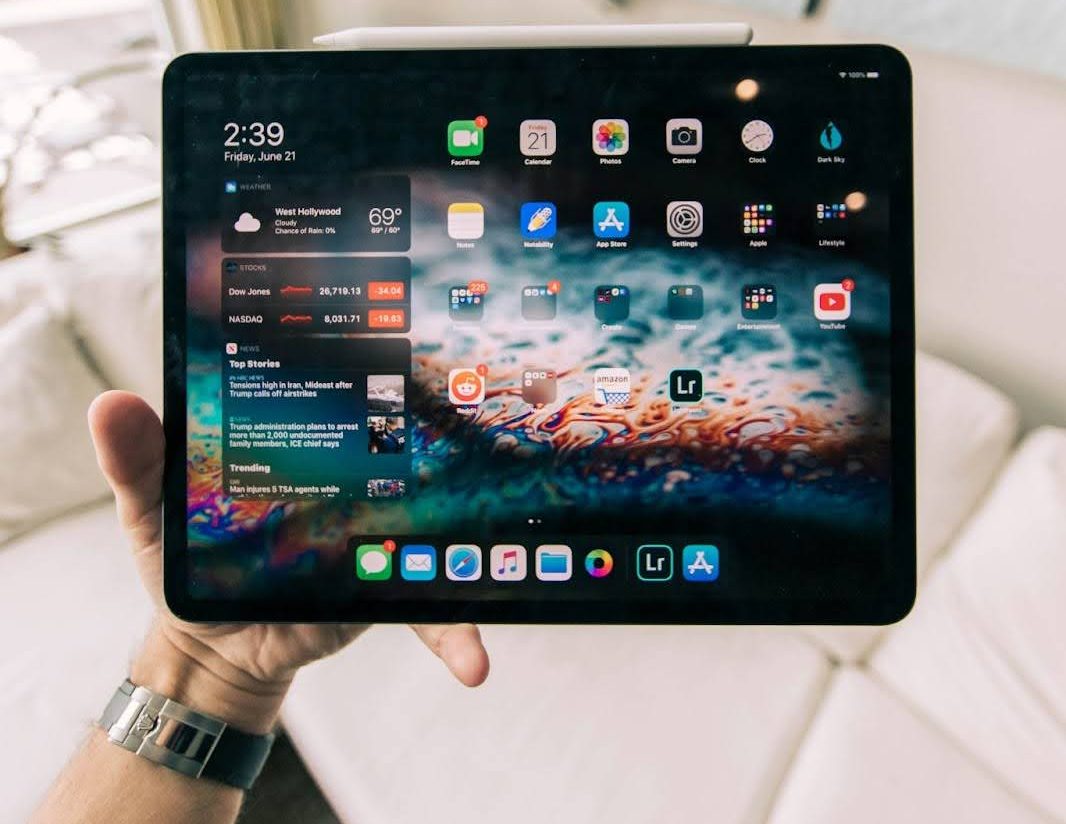How To Improve Focus: 9 Proven Strategies

Few things are more frustrating than struggling to focus.
You’ve got important things to do, and yet you find yourself unable to concentrate on the task at hand. The ability to stay focused for more than a few minutes at a time feels impossible.
You’re not alone. To say that distractions have increased in the last decade is a massive understatement. We’re all carrying around a constant distraction generator in the form of our smartphones. Sustained concentration throughout the day is really, really hard.
The good news is that there are proven ways you can improve concentration.
In this guide, we’re going to talk about how to increase your focus so that you can get more done and increase your productivity.
Let’s dive in.

What Is Focus?
Let’s start by defining exactly what focus is. Focus is the ability to concentrate and give your full attention to a task. It is the state of being intensely attentive and single-minded in pursuit of something. It also is the ability to ignore other things so that you can give all your energy to a single thing.
The ability to stay focused is essential if you want to be productive. If you’re unable to focus, you can’t stay on task and can’t work effectively. Staying focused is a superpower, of sorts. While others are distracted, you’re able to consistently stay productive, which allows you to accomplish more.
In his book Deep Work, Cal Newport says:
In this new economy, three groups will have a particular advantage: those who can work well and creatively with intelligent machines, those who are the best at what they do, and those with access to capital.
You may not be able to work well with intelligent machines or have a lot of capital at your disposal, but you can be the best at what you do if you’re able to have sustained focus.
In light of this, learning how to improve focus is one of the best things you can do.

Why Can’t I Focus?
There are many reasons you might be struggling to focus. There are legitimate, medical reasons, such as ADHD, that may be contributing to your struggle. If this is the case, it’s important that you talk to a medical professional who can help you.
But even if you don’t have a diagnosed condition like ADHD (or something similar), there are still many reasons that you may struggle to maintain concentration.
Ultimately, there are two sources of distractions that keep you from focusing: internal and external.
Internal distractions come from thoughts, feelings and emotions. These are caused by your brain constantly thinking about things that are currently happening, have happened, or are going to happen. For example, you may be feeling worried about a family situation, and this persistent worry keeps you from focusing on the job before you.
External distractions come from outside sources like your phone, people around you, your surrounding environment, and even aches and pains you’re feeling. For example, if you’re working in a coffee shop that’s too cold, it will be hard for you to pay attention since you’re freezing.
Sure, smartphones are the usual suspects when we talk distractions. But the plot thickens with the onslaught of notifications from social media, news alerts, and those never-ending work chats. You’ve clocked out for the day, ready to dive into The Million Dollar Weekend book gathering dust on your bedside table. But wait—there’s that ding from your phone, beckoning you back into the work vortex. This relentless need to be perpetually available (especially in the current hybrid work environment) blurs the lines between work and rest, making true disconnection a modern-day myth.
Common advice for improving focus is to just remove distractions. And while this sounds good in theory, it’s not specific enough. You need to be able to identify the type of distraction you’re encountering and then use an appropriate strategy to regain your concentration.
So, with that being said, let’s look at some specific ways for how to improve focus and get more done.
- Increase the strength of your focus gradually
- Create a distraction-free work environment
- Identify and work on your most important task every day
- Do one thing and ONLY one thing at a time
- Meditate
- Manage your energy
- Exercise
- Practice attentive listening
- Dealing with internal distractions
9 Proven Strategies To Improve Focus and Attention Span
It’s important to note that the strategies below are not a one-size-fits-all kind of thing. What works for you will be different than what works for me. You may need to experiment to find the things that help you improve concentration the most.
That being said, here are some proven methods for improving focus that have helped many people.

1. Increase the strength of your focus gradually
It’s important to understand that focus is like a muscle. People are constantly looking for shortcuts and hacks to improve their focus. And while there are certainly things you can do to make focusing easier, ultimately, improving your mental strength comes down to putting in work.
Just like it takes time to build muscle, it takes time to build your brain’s strength. In the beginning, you shouldn’t expect yourself to be able to effortlessly maintain focus for long periods of time. It takes practice to build up the amount of mental energy necessary to do so.
It may be helpful to start small. Instead of trying to focus on only one thing for an hour, commit to focusing on one thing for 15 minutes. As your ability to focus grows, you can increase the length of your sessions.
The Pomodoro Technique can be helpful in this regard. You set a timer for a short period (15-25 minutes) and work until the timer goes off. Then you take a short break and repeat the process. After four sessions, you take a longer break. This strategy helps you slowly build your focus muscles while also giving your brain a rest.
2. Create a distraction-free work environment
Your environment plays a significant role in your ability to focus. If the surrounding environment is full of distractions, you’ll find it incredibly difficult to focus. As much as possible, you want to create a distraction free work environment for yourself.
There are a few ways you can do this:
- Close out all of your communication apps, such as email, Skype, Slack. The barrage of notifications from these apps will be distracting if they’re left open.
- Put your phone on mute to avoid being distracted by incoming calls or texts.
- If you have an office, close the door. This will keep out exterior noise and tell your coworkers that you’re in focus mode.
- If you don’t have an office, use headphones and listen to music or sounds that will block out the noise.
- If you’re working at home, turn off the TV.
- Declutter your workplace to avoid being distracted by various piles of paper.
- Use Freedom to keep you from distracting websites and apps, like Facebook or Reddit.
If you want to improve focus, it’s important that you create a highly conducive work environment. The less distractions there are around you, the easier it will be to start and remain engaged in focused work.
3. Identify and work on your most important task every day
At the beginning of each day, take a few minutes to identify your most important task. Before you do anything else, work on your most important task. Don’t start with low-value tasks like email. Don’t check social media or read the news.
Start your day by working on your most important task first, and then move on to other, less important tasks. Your most important task is the thing that will produce the biggest results for you. Don’t allow yourself to get distracted until you’ve worked on the thing that’s most important.
If you’re not clear what task you should work on, answer this question from the book The ONE Thing: “What’s the ONE thing you can do this week such that by doing it everything else would be easier or unnecessary?”
The benefit of starting with the most important thing is that even if you don’t get anything else done, you’ve still accomplished the most important thing. You’ve made progress on the thing that matters most.
4. Do one thing and ONLY one thing at a time
If you want to improve your focus, it’s critical that you learn to work on only one thing at a time.
You can’t effectively multitask. Have you ever tried to have a conversation while also scrolling on your phone? It doesn’t go well, does it? You end up missing about half of what the person says.
When you’re doing something, give it your complete and undivided attention. When you multitask, the brain can’t fully focus on any one thing because it has to constantly switch back and forth between tasks.
Multitasking hinders focus because you pay a mental price every time you switch between tasks. Your brain can’t seamlessly shift from one task to another. Every time you switch between tasks, there’s a period of time called the “switching cost”, during which your brain must stop working on one task and switch gears to focus on another. The result is that it takes you much longer to complete both tasks and the quality of both is lower.
A study published in the International Journal Of Information Management found that most people check their email every five minutes, and that it takes an average of 64 seconds to get back on task after you check your email. That’s so much wasted time!
To strengthen your focus, stop multitasking and start single-tasking.

5. Meditate
Research has shown that mindfulness meditation, which can be as simple as taking a few deep breaths and slowly counting to ten while focusing on your breathing, can help you increase your attention span.
One study found that an eight-week meditation course significantly helped 140 participants improve their focus. After eight weeks, all of the 140 participants had a longer attention span, as well as other improvements in executive mental function.
You don’t need to spend your time meditating on a mountaintop in order to benefit from the increased focus that comes from meditation. Start by meditating for just 10 to 20 minutes a day. Research has shown that after just four days of meditation, you’ll start seeing improvements in your ability to focus on other tasks.
If you’re not sure how to get started, there are plenty of meditation apps that can help, including:
6. Manage your energy
Improving focus and managing energy are closely tied together. It’s impossible to focus when you’re feeling drained. Schedule your most important tasks for times when you will have the necessary energy.
For example, if you have an important document to write, schedule it for a time when you’re at your creative peak. This is probably going to be in the morning, when you’re fresh and energized.
On the flip side, do low-energy tasks, like responding to emails, at times when you know your energy levels will dip.
I’d also be remiss if I didn’t talk about the importance of sleep. Sleep deprivation has a huge negative impact on your ability to focus. A lack of sleep leaves your brain feeling foggy, unable to process information quickly or creatively.
If you’re struggling to focus, take a look at your sleep habits. Are you getting enough sleep each night? Is your sleep schedule erratic or irregular? The better you sleep, the better you’ll be able to focus each day.
If you struggle with insomnia, don’t be afraid to tap into the power of short naps. Even just a short power nap can refresh you, improving your focus and work performance. If you really want to infuse power into your naps, try the “caffeine nap”.
It works like this. Just before you take a 20 minute nap, drink a cup of coffee (or another caffeinated beverage). Just as you wake up, the caffeine will hit your system, giving you a double boost of energy and focus.

7. Exercise
Exercise is a fantastic way to improve your focus and your physical health. Researchers found that students who exercised moderately before taking a test that measures attention spans had better attention spans than those that didn’t.
According to the researchers, exercise strengthens the brain’s ability to resist distractions, though they’re not yet clear on why this is.
Whatever the reason, if you’re struggling to focus, include some exercise in your day. Go for a brisk walk. Ride your bike. Hit the gym. Anything to get your blood pumping and body moving.
And you don’t have to exercise for hours to experience the benefits. Even just 20-30 minutes can make a big difference in your ability to focus.
8. Practice attentive listening
Learning the art of attentive listening is helpful both for improving focus and strengthening your relationships. Attentive listening is the practice of listening carefully to a person with the intention of fully understanding what they’re saying and responding appropriately.
It’s an active process that requires you to eliminate all other distractions, listen carefully, ask questions, and even paraphrase their message back in a way that makes sense to them.
This may sound like a lot, really, isn’t this how we should engage in all conversations? The smartphone has really hurt our ability to engage in meaningful conversations with people. Instead of giving people our full attention, we’re distracted by the buzzing of our phones.
The next time you’re in a conversation, put your phone away and focus on actively listening to what’s being said.
9. Dealing with internal distractions
Internal distractions like worries or anxieties are like uninvited guests at a party. But guess what? You can show them the door.
Techniques like journaling or meditation can be immensely helpful. Journaling acts as a release valve for your bottled-up thoughts, while meditation teaches you to observe these thoughts without getting swept away.
You can craft your own pre-focus rituals to help you manage these distractions. Whether it’s the scent of lavender, lighting a candle, the sound of rain, or a quick yoga flow, these sensory cues can signal to your brain that it’s time to zone in.

Neurofeedback and Focus
Curious about taking your focus to the next level? Let’s talk neurofeedback therapy. This brain training method isn’t just futuristic; it’s a game-changer.
It helps you learn to control your brain waves for improved focus, reduced anxiety, and enhanced cognitive performance. Starting with neurofeedback might sound like signing up for a mission to Mars, but there are actually at-home devices you can use.
In simple terms, neurofeedback is like a gym session for your brain, but instead of lifting weights, you’re flexing your brain waves. The goal? To promote or reduce certain types of brain waves associated with various mental states.
Improved Focus = Better Life
Learning how to improve your focus translates into a better life overall. When you’re able to focus on doing your most important work, you accomplish your biggest goals more quickly. You feel less scattered and stressed, and you’re able to consistently make progress on the things that matter most to you.
Your relationships are stronger, you’re more productive, and you feel better about yourself.
If you’re struggling with focus, don’t be discouraged. You can build your focus muscles. It takes time and effort, but you can do it!



